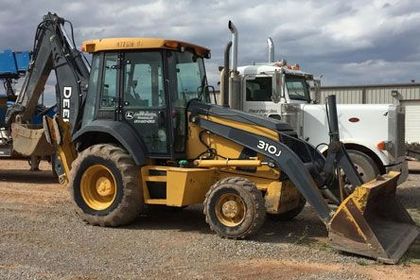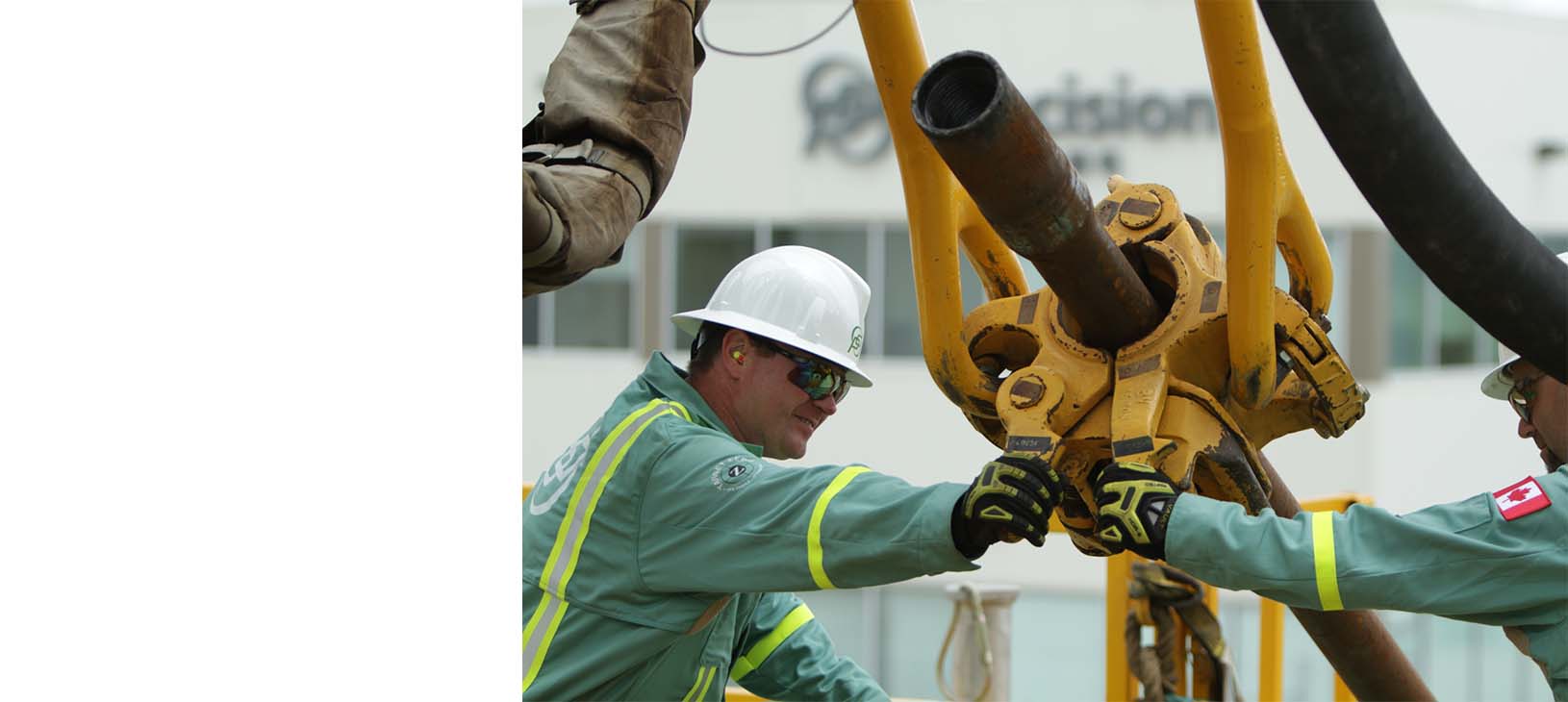Superior rentals squeeze tools: operator’s checklist
A Comprehensive Overview to the Different Kinds Of Oil Field Equipment and Pipeline Equipment Available
The oil and gas industry relies greatly on specific equipment for effective extraction and transportation. Various types of machinery, from drilling rigs to tank, play vital roles in this complex process. Each tool offers distinctive features that add to general operational success. Comprehending these elements is crucial for anyone involved in the industry. As the industry develops, so as well do the innovations that support it. What developments are on the horizon?

Drilling Rigs: The Foundation of Oil Exploration
Drilling rigs work as the important equipment in the domain of oil exploration, making it possible for firms to gain access to hydrocarbon books hidden deep beneath the Earth's surface area. These rigs are available in various kinds, consisting of land rigs, offshore rigs, and mobile units, each created to run in specific environments. Furnished with innovative innovation, piercing rigs can pass through geological formations with precision, making sure reliable source removal. The architectural integrity and operational capabilities of these rigs are vital, as they should hold up against extreme conditions and considerable stress. Additionally, the option of an exploration rig impacts the overall project cost and timeline, making it an essential factor to consider for oil firms looking for to maximize their expedition initiatives and maximize efficiency in their procedures.
Pumps: Crucial for Liquid Motion
In the oil extraction process, the function of pumps is significant, assisting in the motion of fluids throughout different stages of production. Pumps are crucial for moving petroleum, water, and various other liquids from below ground tanks to the surface area and then via pipelines to refineries. They are available in different types, including centrifugal, favorable displacement, and completely submersible pumps, each offering particular functions based on the fluid characteristics and operational needs. Centrifugal pumps are commonly made use of for their performance in high-flow applications, while positive variation pumps master dealing with thick fluids. The selection of pump influences total efficiency, functional security, and upkeep costs. Correct selection and upkeep of pumps are essential for enhancing production and lessening downtime in oil field procedures.
Shutoffs: Controlling Circulation and Pressure

Shutoffs play an essential function in taking care of the circulation and pressure of fluids within oil areas and pipes. Various sorts of shutoffs offer distinct applications, each created to accomplish particular features fundamental for efficient operation - Superior Oilfield Rentals. Comprehending the features and usages of these shutoffs is essential for enhancing system performance and security
Kinds of Valves
Crucial components in oil field operations, shutoffs play an important function in managing the circulation and pressure of liquids within pipes and tools. Different kinds of valves are made use of to fulfill the diverse requirements of oil and gas production. Common types consist of gateway valves, which offer a straight-line flow and marginal stress decrease; globe shutoffs, understood for their throttling capabilities; and sphere shutoffs, identified for their fast on/off control. Furthermore, check valves avoid backflow, while butterfly shutoffs provide a lightweight remedy for managing flow. Each shutoff type is designed with details materials and configurations to hold up against the extreme conditions often located in oil fields, making certain dependability and performance in operations. Comprehending these kinds is vital for efficient system monitoring.
Valve Applications and Features
While numerous kinds of valves offer unique objectives, their primary applications focus on controlling circulation and stress within oil and gas systems. Shutoffs such as gate, world, and ball shutoffs regulate fluid activity, making sure peak performance and security. Gateway valves are generally made use of for on/off control, providing marginal circulation resistance. Globe shutoffs, on the various other hand, offer exact circulation regulation, making them appropriate for strangling applications. Round valves are favored for their quick procedure and limited securing capabilities. On top of that, stress safety valve are essential for avoiding system overpressure, securing tools stability. Overall, the appropriate choice and application of valves improve functional performance, guaranteeing the trusted transportation of oil and gas through pipelines and processing facilities.
Compressors: Enhancing Gas Transport
Compressors play a critical duty in the effective transportation of all-natural gas, making certain that it relocates efficiently via pipes over cross countries. These tools raise the stress of all-natural gas, allowing it to overcome friction and elevation adjustments within the pipeline system. In addition, compressors help with the balancing of supply and need, suiting fluctuations in consumption and manufacturing prices. Different kinds of compressors are used in the sector, consisting of centrifugal, reciprocating, and rotary screw compressors, each offering distinctive benefits based on the operational requirements. Regular upkeep of these compressors is vital to make best use of efficiency and reduce downtime, ultimately adding to a dependable gas transportation network. Their critical feature emphasizes the relevance of compressors in the general oil and gas infrastructure.
Storage Tanks: Safe and Efficient Liquid Monitoring
Efficient transport of all-natural gas depends on numerous support group, one of which is the appropriate management of tank. These containers play a crucial duty in securely containing liquids, guaranteeing that operational efficiency is maintained while reducing ecological threats. Built from durable products, they are developed to withstand high stress and harsh aspects. Effectively sized and tactically situated, tank help with the smooth circulation of gas and various other fluids, stopping bottlenecks in supply chains. Routine upkeep and monitoring are crucial to spot leakages or structural issues, advertising safety and compliance with regulative criteria. Ultimately, the efficient management of tank is vital for the general honesty and reliability of the oil and gas industry's fluid handling systems.
Pipeline Equipments: Facilities for Transport
Pipeline systems act as the backbone of the oil and gas industry, helping check here with the efficient transportation of hydrocarbons over huge distances. These systems are composed of different components, consisting of pipelines, shutoffs, pumps, and compressors, all carefully created to guarantee smooth flow. The products made use of in pipeline building and construction, typically steel or high-density polyethylene, are picked for sturdiness and resistance to deterioration. Pipeline networks can cover throughout land and water, linking manufacturing websites to refineries and distribution. Additionally, progressed modern technology enables real-time tracking of circulation prices and pressure levels, enhancing operational efficiency. The tactical placement of these pipes decreases ecological effect while maximizing source accessibility, thereby playing an important role in conference power needs worldwide.
Safety Equipment: Ensuring Employee and Environmental Management
The operation of pipeline systems, while necessary for power transportation, also offers significant security difficulties for workers and the setting. Security equipment plays a substantial duty in reducing these risks. Individual protective tools (PPE) such as safety helmets, handwear covers, and non-slip footwear safeguards employees from physical dangers. Additionally, gas discovery systems keep an eye on for leaks, making sure that unsafe materials do not present a danger to workers or the surrounding environment. Emergency situation shutdown systems are critical for rapidly stopping operations throughout a crisis, stopping potential catastrophes. Spill control materials, consisting of absorbents and obstacles, are basic for lessening environmental influence. In general, spending in all-inclusive security tools is important for preserving functional stability and safeguarding both employees and the atmosphere in the oil and gas sector.

Often Asked Questions
Exactly how Do I Choose the Right Oil Field Equipment for My Project?
Picking the right oil field equipment includes examining task requirements, budget plan restraints, and functional demands. Consider aspects such as equipment reliability, compatibility with existing systems, and the distributor's reputation to ensure peak performance and safety.
What Are the Maintenance Demands for Oil Field Equipment?
Upkeep needs for oil field devices consist of regular assessments, lubrication, and prompt repair services. Operators needs to likewise follow producer guidelines, monitor performance metrics, and assurance compliance with safety policies to enhance durability and efficiency.

Exactly How Can I Make Sure Conformity With Environmental Rules?
To assure conformity with ecological guidelines, business need to perform routine audits, carry out finest methods, purchase training, preserve appropriate documents, and remain updated on regulations (Superior Oilfield pipeline equipment rentals). Collaboration with ecological companies can likewise enhance adherence to regulations
What Is the Ordinary Life-span of Pipeline Equipment?
The typical lifespan of pipeline equipment typically varies from 20 to 50 years, depending upon variables such as worldly high quality, ecological conditions, and upkeep methods. Regular inspections can substantially affect longevity and functional effectiveness.
How Do I Securely Carry Oil Field Equipment to Remote Locations?
Transferring oil area devices to remote areas requires cautious preparation, consisting of path evaluation, protecting licenses, utilizing suitable cars, and guaranteeing security procedures are followed. Proper training and communication amongst staffs are crucial for effective transport.